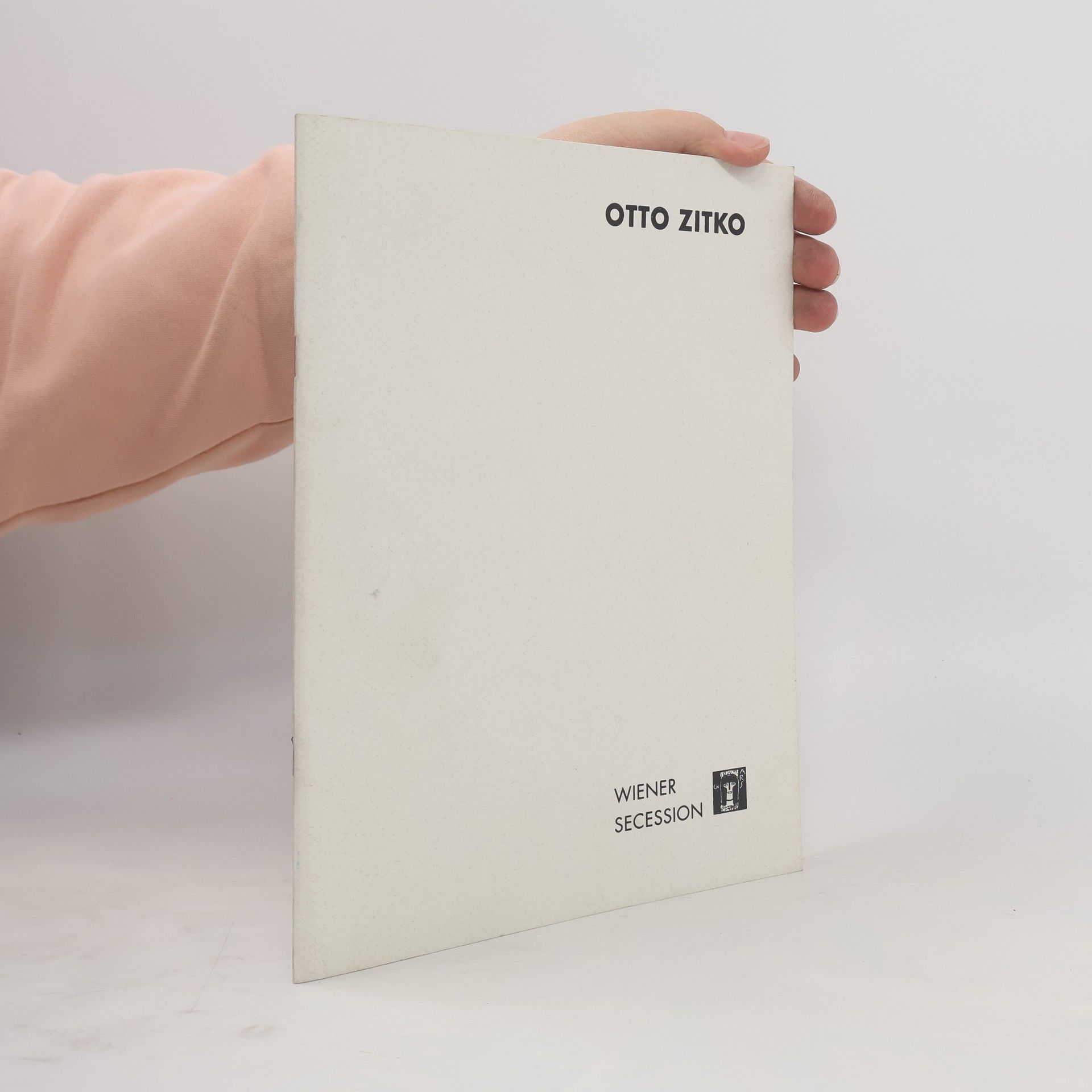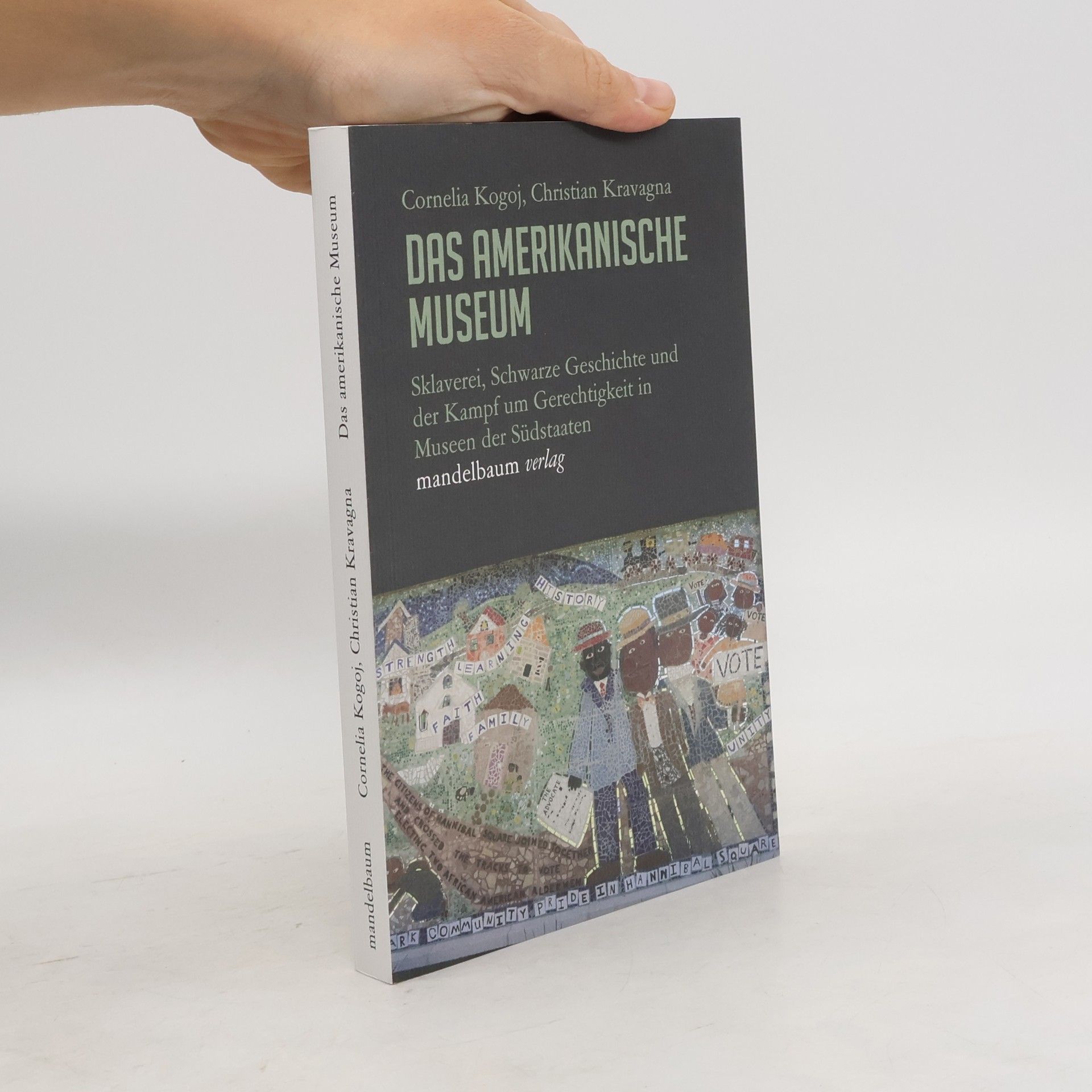Transmodern examines the global dimension of modern art by tracing the crossroads of modernisms in Asia, Europe and the Americas. It explores path- breaking transcultural art practices from the 1920s to the 1960s in the framework of decolonial movements and transcultural thinking. -- .
Christian Kravagna Livres






Avantgarde & Liberation. Contemporary Art and Decolonial Modernism
- 184pages
- 7 heures de lecture
"Avant-Garde and Liberation examines the significance of decolonial modernism for contemporary art and its critical engagement with current threats posed by racist violence, nationalist politics, and neo-colonial economics. While the avant-garde debate today still tens to have a Eurocentric focus, the artists gathered here refer in their work to avant-gardes in India, Africa, and the Arab world, and also the "Black Atlantic," which developed in the context of the anti-colonial and anti-racist liberation movements of the twentieth century. With essays and interviews by Nana Adusci-Poku, Zeigam Azizov, Christian Kravagna, Saloni Mathur, and Lina Ramadan. Featured artists: Mathieu Kleyebe Abonnenc, Omar Ba, Radcliffe Bailey, Yto Barrada, Mohamed Bourouissa, Diedrick Brackens, Serge Attukwei Clottey, william cordova, Atul Dodiya, Robert Gabris, Jojo Gronostay, Leslie Hewitt, Iman Issa, Janine Jembere, patricia kaersenhout, Belinda Kazeem-Kaminski, Zoe Leonard, Vincent Meessen, The Otolith Group, Fahamu Pecou, Cauleen Smith, Maud Sulter, Vivan Sundaram, and Moffat Takadiwa." description from back cover of paperback.
Louise Lawler And Others, English Edition
- 160pages
- 6 heures de lecture
Louise Lawler subjects the concept of art to critical analysis by re-photographing her own drawings, paintings, and sculptures and incorporating aspects of their immediate surroundings into these "copies." Viewed with a certain detachment, her demystified reproductions also reveal the contextual and situational connotations of her artworks, which recede to a certain extent into the background. Lawler also applies these methods to the work of other artists, photographing their art pieces, particularly as they are mounted in private collections. These contextualizing photographs retain fragments of their surroundings, thus clarifying how the presentation and interpretation of artwork is never free of value judgment or environmental influence. This publication offers the first retrospective overview of the artistic accomplishments of Louise Lawler over the past 20 years. Included are a number of very recent works, some of them created especially for this book.
Otto Zitko
Ver Sacrum Zimmer, Grafisches Kabinett, 15.1. - 29.3. 1992: Wiener Secession
- 28pages
- 1 heure de lecture
Das amerikanische Museum
Sklaverei, Schwarze Geschichte und der Kampf um Gerechtigkeit in Museen der Südstaaten
- 240pages
- 9 heures de lecture
Mit der Wahl des ersten Schwarzen Präsidenten wurde in den USA die Illusion einer Gesellschaft ohne Rassismus genährt. Mit der Mobilisierung gegen Obama, in der Serie von polizeilichen Tötungen Schwarzer Menschen und im Übergang zur Trump-Präsidentschaft im Zeichen weißer Vorherrschaft musste die Illusion in der Wiederkehr der Geschichte begraben werden. Für dieses Buch haben Cornelia Kogoj und Christian Kravagna Museen in den ehemaligen Südstaaten im Hinblick auf ihren Umgang mit der Geschichte der Sklaverei, des Rassismus und der Bürgerrechtsbewegungen untersucht. Wie unterscheiden sich afroamerikanische von Weißen Museen? Wie positionieren sich Museen im aktuellen Streit um amerikanische Geschichte? Welche Erzählweisen und Darstellungsformen kommen im kritischen Ausstellen von Gewalt und rassistischen Bildern zum Einsatz? »Das amerikanische Museum« fragt nach der musealen Verbindung von Gegenwart und Geschichte sowie nach der politischen Rolle Schwarzer Museen im Kampf um Gerechtigkeit und die Verteidigung von Lebensraum.
